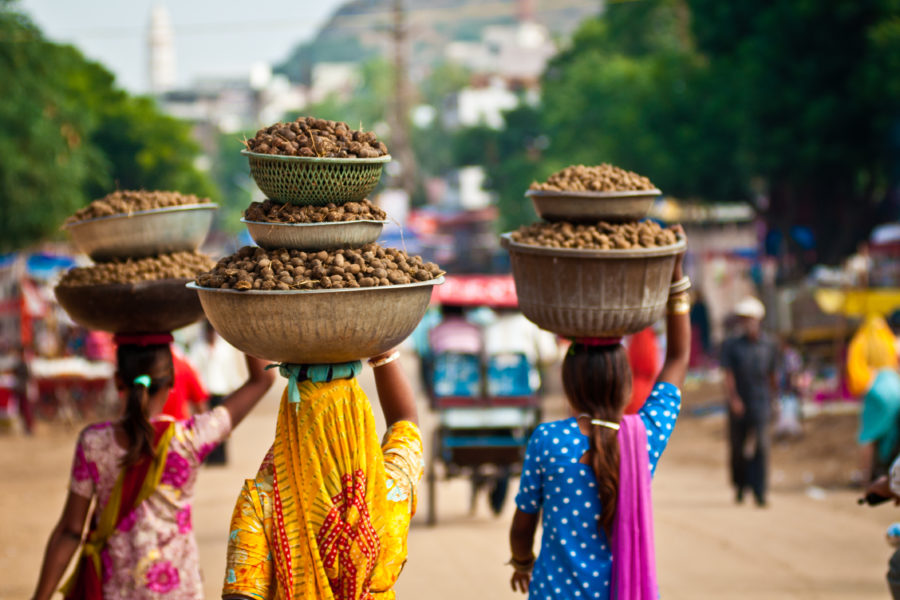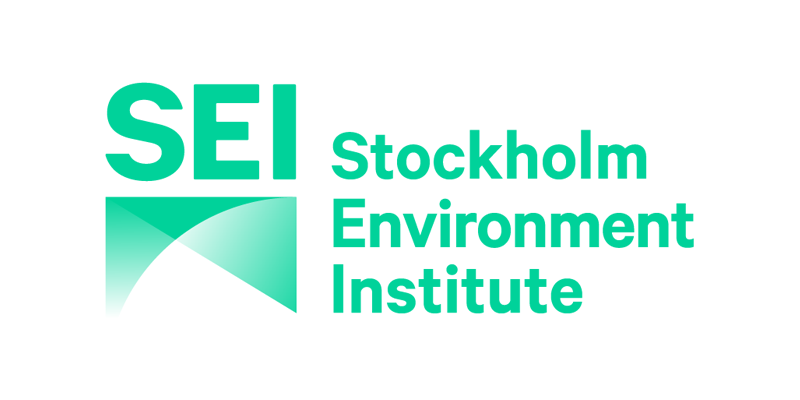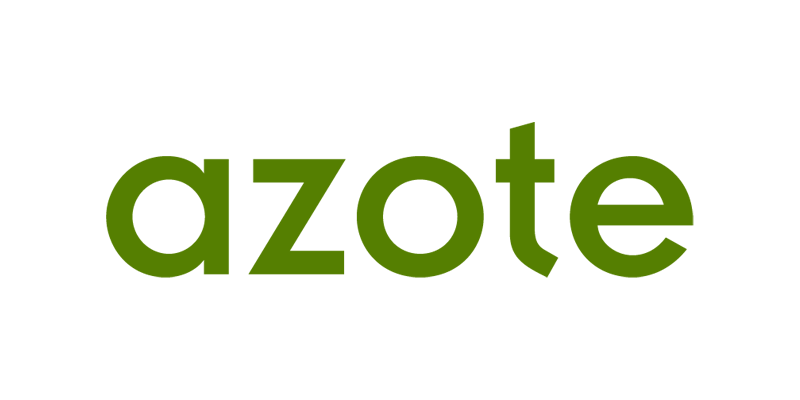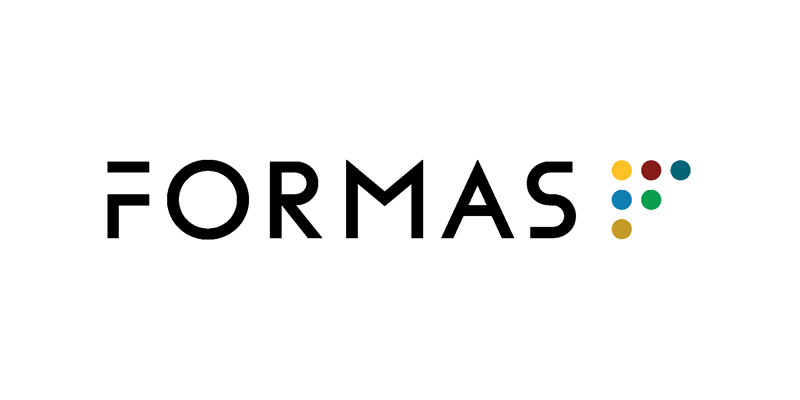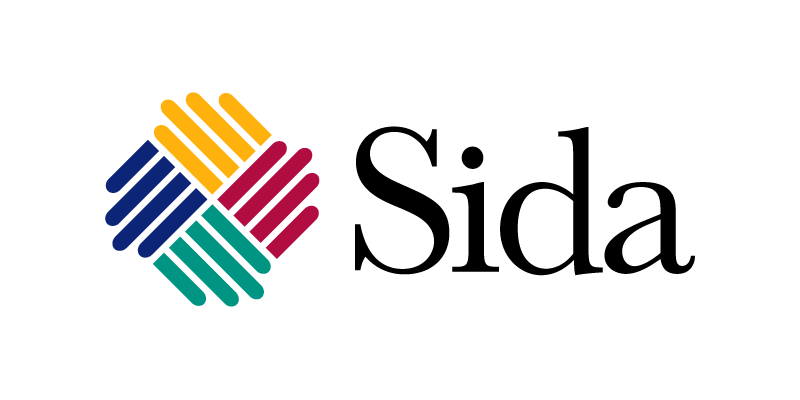What is REVAMP?
Resource Value Mapping (REVAMP) is a decision support tool for rapidly estimating the resource recovery potential from organic waste streams: sewage sludge, faecal sludge and other organic solid waste. REVAMP calculates the potential amount of recovered product, its energy and nutrients contents and the potential revenue that could be obtained when sold for different scenarios.
What does REVAMP do?
REVAMP helps city planners estimate the total resources and reuse potential available in a city’s wastewater and other organic waste streams, as well as their financial values.
Who is REVAMP for?
The rapid estimates provided by REVAMP are particularly intended to help city planners and policymakers at crucial decision-points regarding waste management; for example, planning of new sanitation infrastructure, wastewater treatment plants, or climate mitigation measures. It can also be useful for engineers, developers, researchers and anyone interested in the circular economy.
Download the REVAMP User Guide for detailed information on the tool.
About SEI
Stockholm Environment Institute (SEI) is an international non-profit research institute that tackles environment and development challenges. We connect science to policy and practice to develop solutions for a sustainable future for all. Our work spans climate change, natural resources, water, air, and health, and integrates evidence and perspectives on governance, innovation, business, poverty, gender and social change. Our approach empowers people for change for the long term: research excellence and engagement with partners are at the heart of our efforts to set new agendas, build capacities, and support better decision-making.
Funding for REVAMP
Funding for REVAMP has been provided by the Swedish International Development Cooperation Agency (Sida) and the Swedish Ministry of Environment through core support to SEI for the initiative on Sustainable Sanitation, by Sida through the Bolivia WATCH program, as well as the Swedish Research Council Formas through the UrbanCircle project (grant number 2017-00268).

